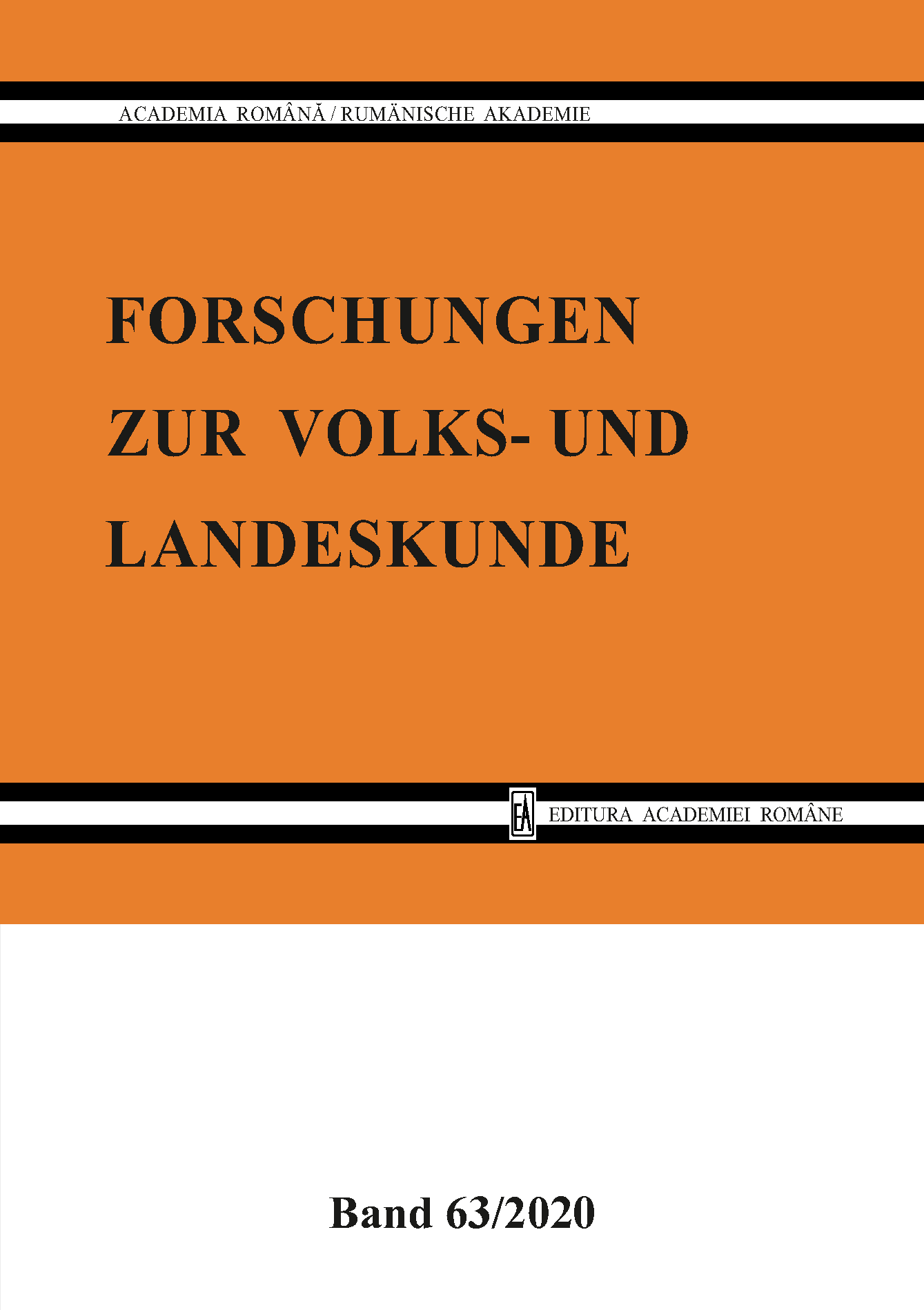DER LEBENSLAUF DES HERMANNSTÄDTER SENATORS JOHANNES BERGER (1663‒1720)
Autobiographical Notes of Johannes Berger, Senator of Sibiu (1663‒1720)
Author(s): András BándiSubject(s): Modern Age
Published by: Editura Academiei Române
Keywords: History of Sibiu; migration; Lutheranism; history of Transylvania; history of urbanism;
Summary/Abstract: The Central Archives of the Evangelical Church C. A. in Romania, situated in Sibiu, preserve a German Bible, published in Lüneburg in 1650. Its endpapers contain handwritten notes by its previous holders from the 17th and 18th centuries. The earliest are poems and records of family events, written by a Saxon pastor, who lived first in Sibiu and later in Vurpăr. The most numerous notes are made by members of the Sibiu based Berger family. Among them, we find a valuable historical and genealogical source, the autobiography of Johannes Berger (1663‒1720), in which the author outlines the origin of his family and his own career almost until his death. The Berger family came from Upper Hungary (now Slovakia), where its paternal predecessors, of whom Johannes Berger mentions his father, grandfather and great-grandfather, were Lutheran pastors. Supposedly Johannes’s father, the furrier Elias Berger, moved to Sibiu, where he married a blacksmith’s daughter. Initially, the young Johannes was trained in his father’s craft, but he urged his parents to let him study. First he was sent to Ocna Sibiului, where he learnt Hungarian, which indicates that he was pursuing a career in local administration. After that, he was trained by teachers and students of the evangelical gymnasium in Sibiu, most of them being immigrants from Upper Hungary. For a year and a half, from June 1680 until December 1682, he attended the courses of the Reformed College in Aiud. He returned to Sibiu where he continued his studies at the local gymnasium. In 1687 he began his academic pilgrimage by attending first the evangelical gymnasium in Levoča, the town where his relatives lived. A year later he went to study in Germany, namely at the prestigious universities Frankfurt an der Oder and Wittenberg. In the summer of 1691 he got on the road home, making several stops in the territories of the Holy Roman Empire and in Hungary, living for a longer period in Vienna. He arrived in Sibiu on August 4th. After accommodating, he worked as a teacher and then as a clerk of the Divisional Office of the city. He married a tailor’s widow and had two daughters, of whom only one reached adulthood. From the notes on the baptisms of his children, it appears that their godparents were prominent people of the city, being, like many of the notabilities, immigrants from Upper Hungary. From 1711 Johannes Berger served as senator. He remarried after the death of his first wife and in 1716 gave his only son, Samuel, to baptism. His and his father’s name vanish from later sources, however, an indication that they fell victims to the plague around 1718‒1720. Johannes Berger’s autobiographical notes are among the few recorded by Sibiu city officials of this period and perhaps the only ones which offer a transient glimpse into the community of Protestant Hungarian refugees in Sibiu.
Journal: Forschungen zur Volks- und Landeskunde
- Issue Year: 2020
- Issue No: 63
- Page Range: 76-85
- Page Count: 10
- Language: German
- Content File-PDF

